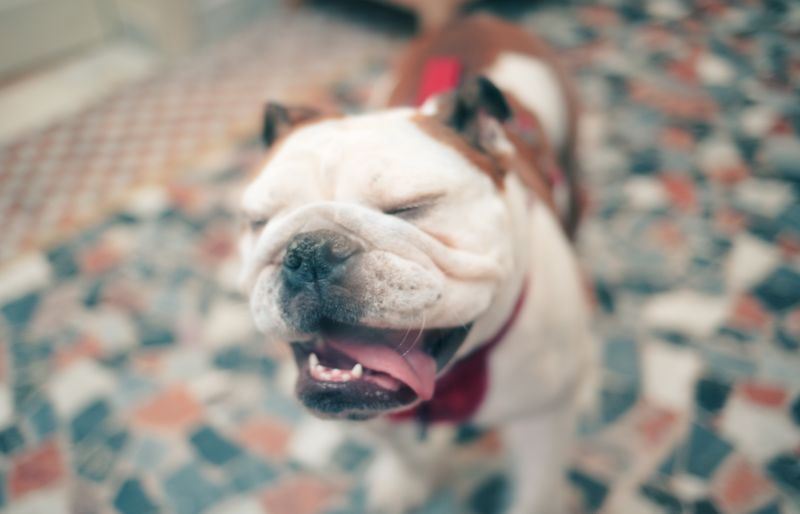Asthma in Pets: A Dangerous Dilemma

The ways in which pets and humans are alike never ceases to amaze us here at Lone Tree Veterinary Medical Center. Like us, dogs and cats have complex social structures, nuanced personalities, strong likes and dislikes, and the need to connect with their family members (regardless of species)! There are also other similarities between pets and people, and one of those is a respiratory condition known as asthma.
As it is with people, asthma in pets is the restriction of the airways caused by an allergic reaction to an airborne irritant or pollutant. Any age or breed of pet can develop asthma, but cats (Siamese in particular) and middle-aged or older pets are more prone to it.
Asthma in Pets
Signs that your pet may be suffering from asthma include:
- Excessive coughing, wheezing
- Panting harder or longer than usual
- Lethargy
- Vomiting
- Loss of appetite
- Open-mouthed breathing
- Difficulty breathing
In extreme cases, lack of oxygen can cause your pet’s gums to turn pale or blue. If you notice this symptom, you should call us or bring your pet to us right away. If we are closed, go to your nearest pet ER. This may be a life-threatening situation for your pet and must be addressed immediately.
Diagnosis and Treatment
The symptoms of asthma can mimic other respiratory issues such as bacterial, viral, or heartworm infection. Your veterinarian will evaluate your pet’s medical history and perform a physical examination, including, watching your pet’s breathing and listening to its lungs with a stethoscope. X-rays and other diagnostic tools, such as airway fluid samples, may also be needed to determine a diagnosis.
If your pet has been diagnosed with asthma, your veterinarian may prescribe an antihistamine, other oral medication, inhaled bronchodilators, or steroids to help your pet breathe easier.
Preventing Future Problems
Because asthma in pets is caused by allergens, it’s important to remove as many potential triggers from their environment as possible. The following recommendations will help keep your pet as comfortable and healthy as possible at home:
- Reduce or eliminate the use of harsh chemical cleaning and deodorizing products – use fragrance-free cleaners or good old fashioned white vinegar (dilute to:1 part vinegar for every 2 parts water – this can work well on most surfaces).
- Anything that creates smoke, such as burning candles, wood burning stoves or fireplaces, and incense should not be used in a home with an asthmatic pet.
- Don’t allow anyone to smoke near your pet or inside your household.
- Anything with a strong fragrance, such as perfumes, plug-in or free-standing fragrance diffusers, aerosol fragrance sprays, air freshener sprays or aerosols, scented fabric softeners and strongly-scented detergents.
- Launder bedding (yours and your pet’s) weekly. Vacuum (use a Hepa filter, if possible) dust, and sweep weekly. Clean pillows and drapes often.
- Use a Hepa filter in your furnace or purchase a stand-alone air purifier to reduce particulate matter in the air.
- Cats should use dust-free litter only, available at most commercial pet supply stores.
- Bathe and brush your dog regularly, and wipe its paws and fur with a damp towel when coming indoors, to minimize outdoor allergens that have hitched a ride.
- Remove shoes and outer clothing at the door, to minimize humans bringing allergens into the home.
Please don’t hesitate to contact us if you think your pet is showing signs of asthma or if you’d like to schedule an appointment for your pet. Your pet means the world to us and we’re here to help your pet have its best quality of life!



